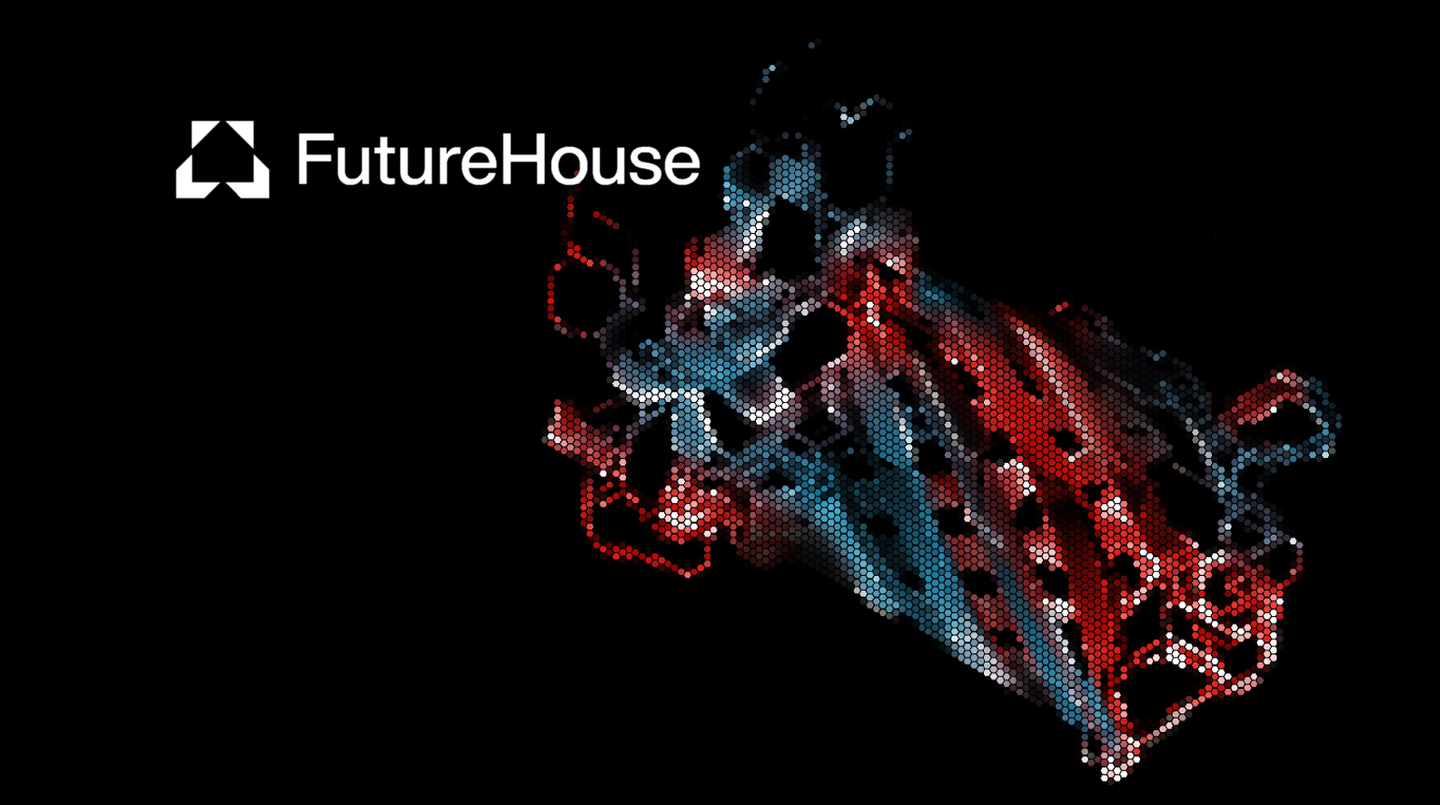Assessing GenAI Models in Retrieving Official NBA Game Data: Capabilities and Limitations
In this post we present a comparative test of several generative AI models, focusing on their ability to retrieve official sports statistics. The task involved collecting NBA game data through a single prompt, with the expectation that the models would accurately locate, extract, and structure the requested information. While the














